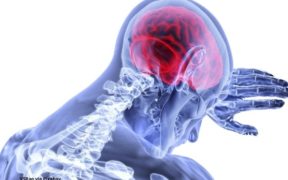
Brain changes in people with Alzheimer’s disease and in those with mild traumatic brain injuries (TBIs) have significant similarities, a new USC study shows, suggesting

A major hurdle to developing new and effective treatments for drug addiction is better understanding how exactly it manifests itself before, during, and after chronic

Vaccination remains the best way to protect against severe illness and death from COVID-19 and is a core element of the pandemic response, reinforces the

The age-standardized death rate of Australians with dementia fell during the first 10 months of 2020, probably as a result of measures designed to prevent
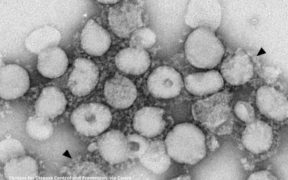
Drawing on epidemiological field studies and the FrenchCOVID hospital cohort coordinated by Inserm, teams from the Institut Pasteur, the CNRS and the Vaccine Research Institute

Wildfire smoke can trigger a host of respiratory and cardiovascular symptoms, ranging from runny nose and cough to a potentially life-threatening heart attack or stroke.

For the first time, a study has shown a clear link between the frequency and duration of unconscious wakefulness during night-time sleep and an increased
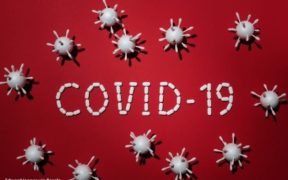
SARS-CoV-2, the virus that causes COVID-19, likely does not directly infect the brain but can still inflict significant neurological damage, according to a new study

Middle-age and older people living in more disadvantaged neighbourhoods — areas with higher poverty levels and fewer educational and employment opportunities — had more brain
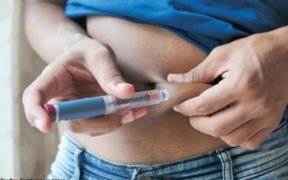
Treating people with Type 2 diabetes with a new once-a-week injectable insulin therapy proved to be safe and as effective as daily insulin injections, according

Telehealth has become a critical way for doctors to still provide health care while minimizing in-person contact during COVID-19. But with phone or Zoom appointments,
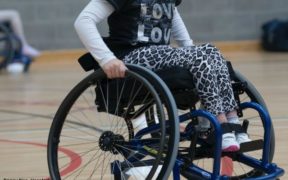
Childhood disability is not a priority in health systems. A recently published article in the BMJ by Cieza and colleagues argues why this needs to